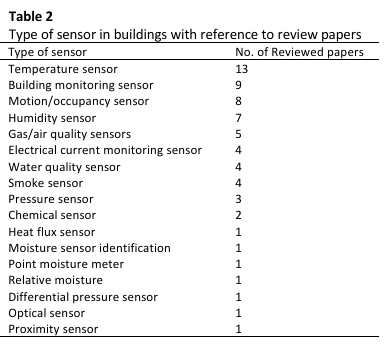IoT and Sensor for Sustainable Buildings: Research Trends from 2019 to 2023
DOI:
https://doi.org/10.37934/ard.128.1.144162Keywords:
Internet of Things (IoT), sustainable building, sensor, sciencetometric analysisAbstract
The integration of the Internet of Things (IoT) in sustainable buildings has gained significant attention due to its potential to optimize energy use, improve occupant health and enhance environmental performance. This study provides a comprehensive analysis of IoT applications in sustainable buildings from 2019 to 2023 using sciencetometric techniques. A systematic review of the literature was conducted through databases such as Scopus and Web of Science, identifying key trends, sensor types and applications. Statistical analyses, including regression, chi-square tests and time-series analysis, were employed to validate observed trends and assess the significance of year-wise publication growth. The findings reveal that energy performance optimization, occupancy management and environmental monitoring are the most prominent applications of IoT in sustainable buildings. Additionally, IoT-enabled Building Management Systems (BMS) have been increasingly recognized for their role in enhancing energy efficiency, while emerging technologies like blockchain and low-cost sensors are proposed as potential solutions to address challenges such as high implementation costs and data security concerns. This study highlights the evolving role of IoT in shaping smart, sustainable building practices and identifies key areas for future research, including the development of affordable solutions and standardized protocols for broader adoption in small and medium-sized buildings.
Downloads























